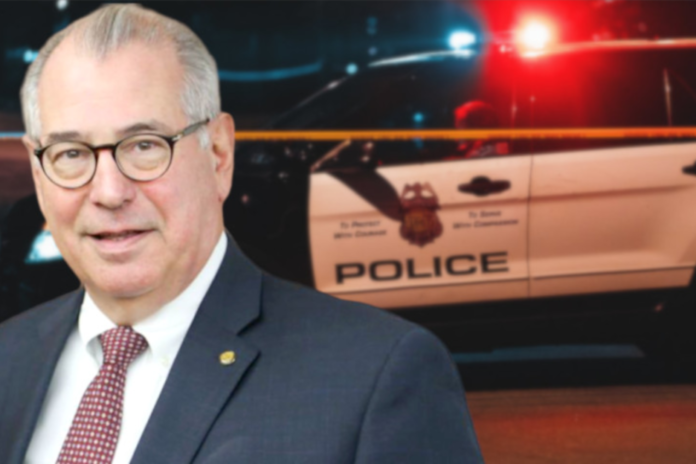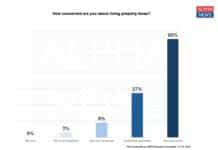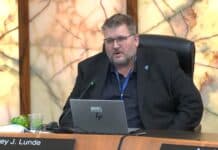An internal document obtained by The Minnesota Sun sheds light on how the Hennepin County Attorney’s Office (HCAO) plans to handle officer-involved shootings (OIS).
As The Sun reported in October, Hennepin County Attorney Mike Freeman notified police departments in the county that the personal cellphones of officers involved in an OIS would be searched and seized.
In other areas of a criminal investigation, however, the HCAO encourages a period of rest for witnesses and victims before they are interviewed, a source close to the situation told The Sun
“OIS cases are matters of significant public concern and accountability, in material ways different from other cases submitted for review,” the document states.
The HCAO claims its new OIS policy aims to ensure:
- Complete, thorough, and fair review of all relevant facts and circumstances that precede and result in an OIS;
- A decision on the reasonableness or unreasonableness of the use of force that is supported by the facts and Minnesota and national law;
- Public accountability and transparency by disclosure of data appropriate and authorized by law depending on the decision by the HCAO.
The document goes on to list a set of 30 protocol to follow at the time of an OIS, including the search and seizure of both work-issued and personal cellphones.
“Seize any cell phone in possession of the involved officer(s), including work issued and personal phones in their possession before and after the event. Protect phones from remote wiping while in the possession of investigating agency. If applicable, attempt to get passcodes, etc. Work with the HCAO if court orders for thumbprints are needed. Send preservation letters immediately to cell phone carriers,” the protocol states, directing investigators to “analyze cell phones and their associated data as requested by HCAO.”
The protocol also recommends the use of “an investigator to monitor and preserve social media posts related to the event, including posts by witnesses, civilians, or officers.”
The HCAO further discourages the observance of a “waiting period” before interviewing officers involved in an incident.
“Investigating agency should take a voluntary statement from an involved officer at the earliest possible opportunity, taking into consideration such factors as availability, injury, and desire to speak to investigators. A policy of observing a ‘waiting period’ before speaking to officers is discouraged,” the document reads.
In other areas of criminal investigation, however, the HCAO encourages a period of rest for witnesses and victims before they are interviewed, a source close to the situation told The Sun.
The OIS protocol also prevents an officer’s legal representation from obtaining “copies of documents or evidence.”
“If an officer’s attorney is present for an interview and the officer or attorney reviews or otherwise has access to evidence, investigating agency ensures that no evidence, reports, photos, or audio/video files are left in the possession of the officer or the attorney,” states the document. “Do not permit copying of documents or evidence. Document what evidence they were allowed to see, where they saw it, for how long, and how many times. If any third party is permitted to record any interview (a practice that is discouraged for data practices concerns, among other reasons) document that, as well.”
______
this article was reprinted with permission from The Minnesota Sun












